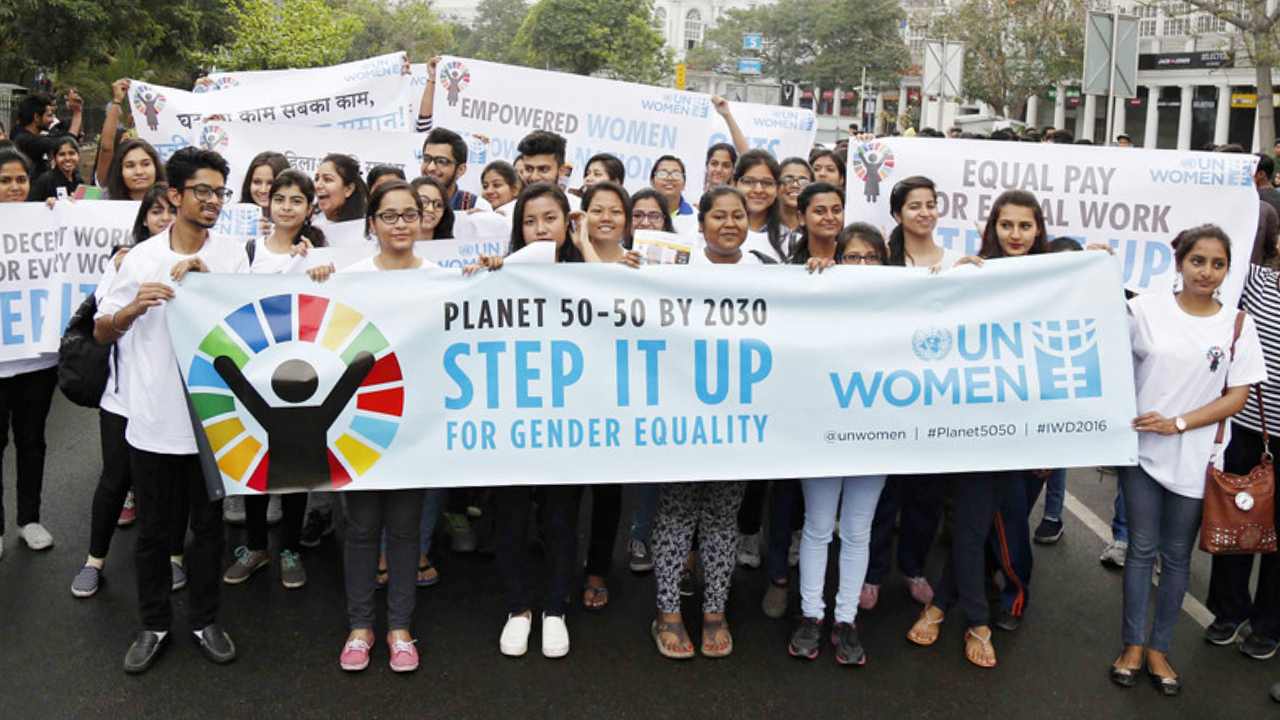India ranked 135th in terms of gender equality, despite improving five places from last year in terms of economic participation and opportunities.
Iceland has maintained its position as the most equal country in the world, following Finland, Norway, New Zealand and Sweden, according to the World Economic Forum’s annual Gender Gap Report 2022 (WEF) published in Geneva.
Out of 146 countries, only 11 countries are below India, with Afghanistan, Pakistan, Congo, Iran and Chad being the five worst.
The WEF warned that the cost of living crisis is expected to hit women hardest globally with a widening gender gap in the labour force and it will take another 132 years (compared to 136 in 2021) to close the gender gap.
The report further states that Covid-19 has restored gender equality by a generation and a weak recovery is exacerbating the global situation.
In India, the WEF says its gender gap score has registered its seventh highest level in the last 16 years, but it remains one of the worst performers in various metrics.
“With a female population of approximately 662 million, India’s level of attainment weighs heavily on regional rankings,” it said.
India has recorded the most significant and positive change in its performance in terms of economic participation and opportunities since 2021. However, from 2021, labor market participation for both men and women has declined.
The proportion of female legislators, senior executives and managers increased from 14.6% to 17.6% and the proportion of women among professional and technical staff increased from 29.2% to 32.9%.
The gender parity score for estimated earned income improved; while values for both men and women diminished, they declined more for men.
However, in the area of political empowerment, the subindex where India ranks relatively higher at 48th place, showed a declining score due to the diminishing share of years women have served as head of state for the past 50 years.
In the sub-index of health and survival, India ranks 146th and is among the top five countries with a gender gap of more than 5%; The other four are Qatar, Pakistan, Azerbaijan and China.
However, in terms of gender equality for enrollment in primary education, India ranks first and third in the world in terms of enrollment in education and eighth for the post of head of state.
India ranks sixth in South Asia after Bangladesh, Nepal, Sri Lanka, Maldives and Bhutan. Iran, Pakistan and Afghanistan have performed less well than India.


























